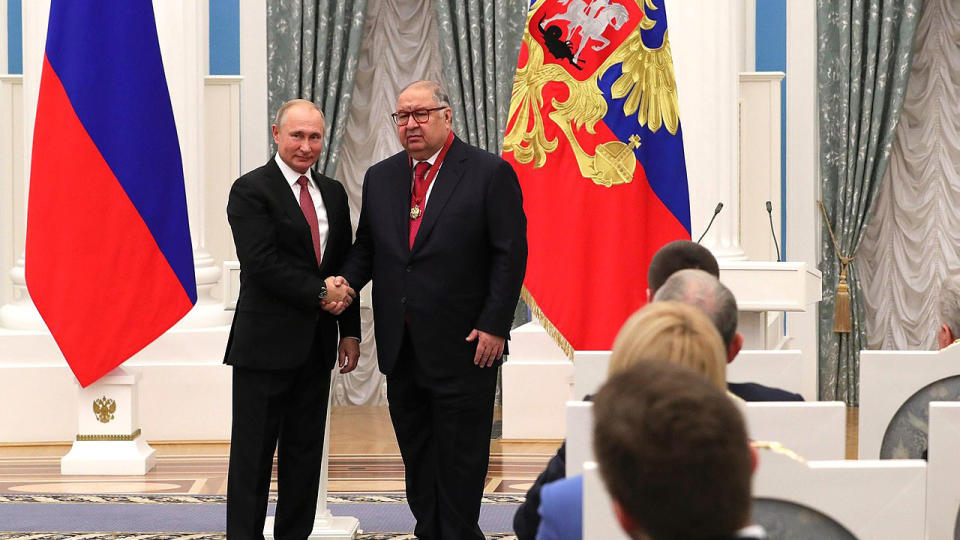Russian Newspaper Reports 40% Failure Rate for Chinese Microchips

- Oops!Something went wrong.Please try again later.
Russian tech firms have noticed something strange about shipments of chips they’ve been receiving from Chinese manufacturers. According to a story in Kommersant, a Russian daily newspaper devoted to politics and business, translated and reported by The Register, up to 40% of the Chinese chips are turning out to be defective.

This represents a 1,900% increase in the failure rate, and while we couldn’t possibly suggest the two things are linked, Kommersant notes that before the invasion of Ukraine, the dud rate stood at 2%. The newspaper, which is privately owned by pro-Putin billionaire Alisher Usmanov (above) and released its first issue in January 1990, quotes an anonymous source in its story, laying the blame on both the Covid-19 pandemic and the economic sanctions more recently imposed on Russia for hurting its supply chains and forcing it to import gray-market semiconductors in the first place.
Given that many modern devices -- and, just as importantly, items of military hardware -- require many different semiconductor products, even a failure rate of 2% is bad. Having 40% of chips delivered in a non-functional state means it’s basically impossible to make anything without wasting significant time and effort testing everything first.
Kommersant -- which means The Businessman -- claims that sanctions have led to major import businesses abandoning Russia, leaving manufacturers there with no choice but to use unauthorized suppliers whose customer service perhaps leaves something to be desired compared to official channels. The Russian firms also have a lack of experience in checking out both suppliers and products before placing a large order.
February this year saw Russian premier Vladimir Putin and Chinese president Xi Jinping declare their countries had a ‘friendship without limits’ with ‘no forbidden areas’ for cooperation. Beijing has, however, made it clear (using extremely diplomatic language) that it disapproves of Russian hostilities toward Ukraine, calling on Putin to pursue negotiations and abstaining from a UN resolution condemning the attack rather than voting against it.
The Russian Ministry of Industry and Trade told Kommersant that it had not received any information about an increase in the proportion of defective components.

